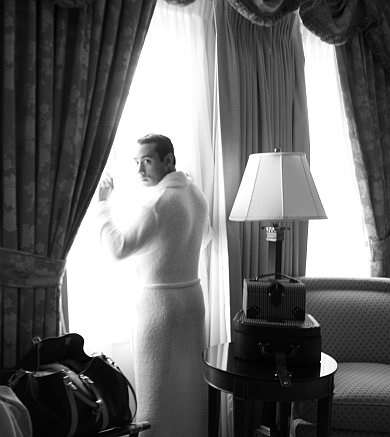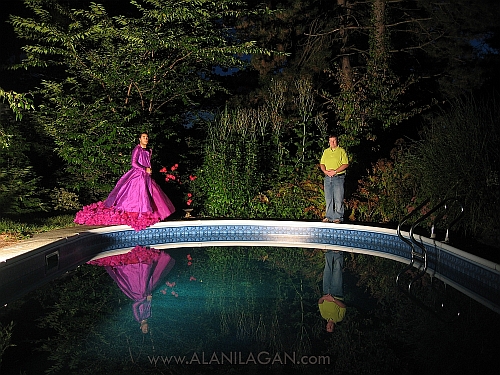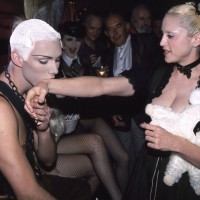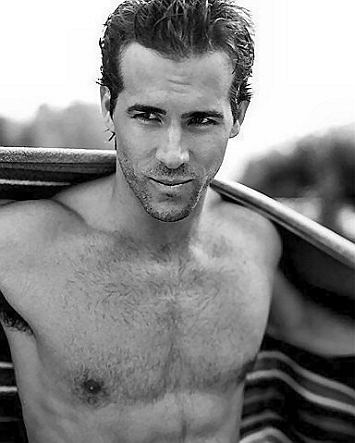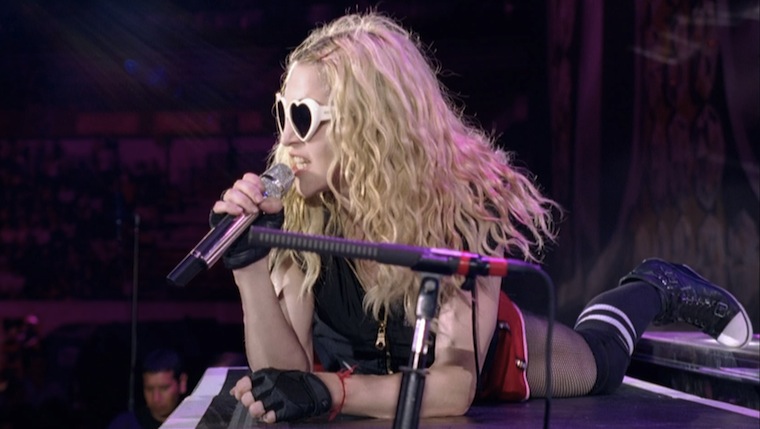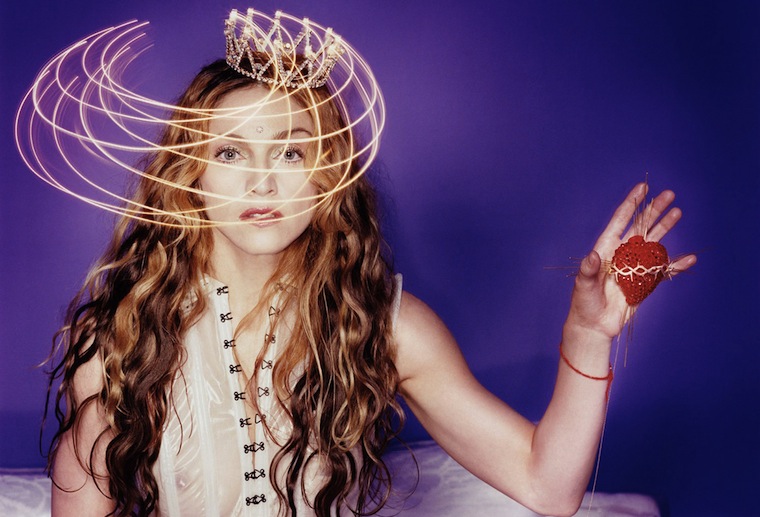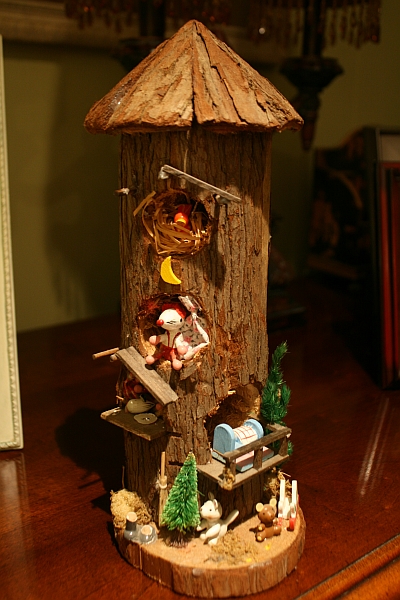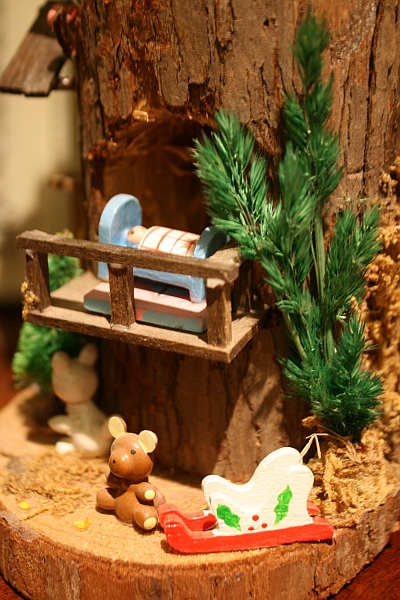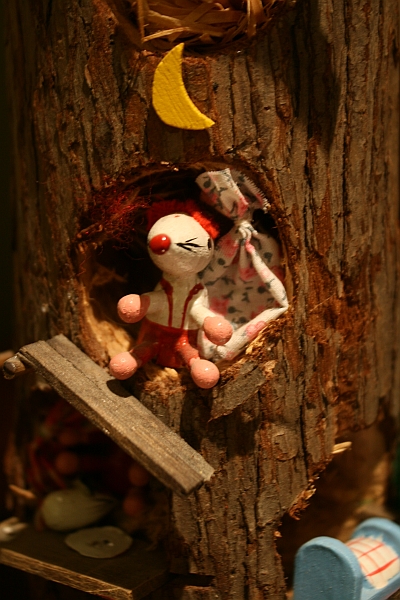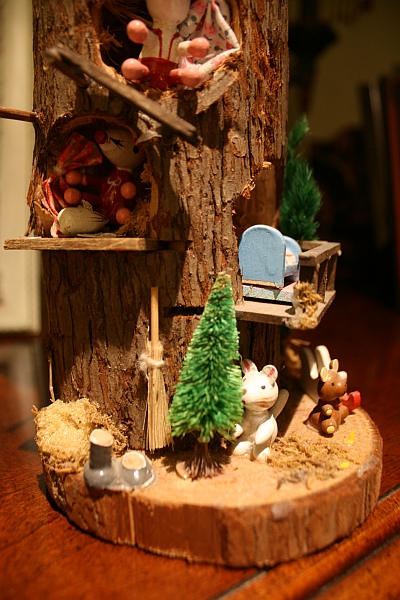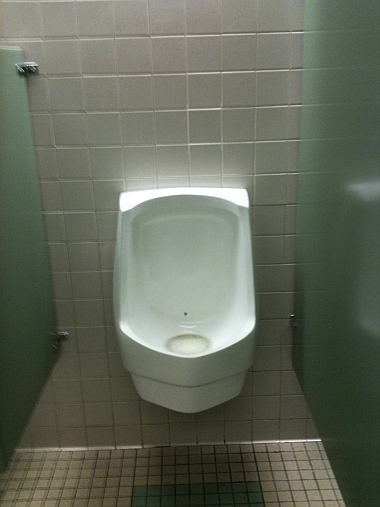In the fall of 1995 I was living on-campus at Brandeis, but working about 35 hours a week in downtown Boston. I made the suggestion to my parents that they get a place in the city. I tried to paint it as a real estate investment, not really expecting them to show much interest, but they gave the go-ahead to start looking, and within a day I had procured a real estate agent.
He would show me three South End condos in the next few days – this was in the time just before prices in that area went prohibitively through the roof – and most were in the $130,000 – $180,000 range. (Insane, I know – but somewhat predictable: I knew that where the gays went the market value was sure to rise.)
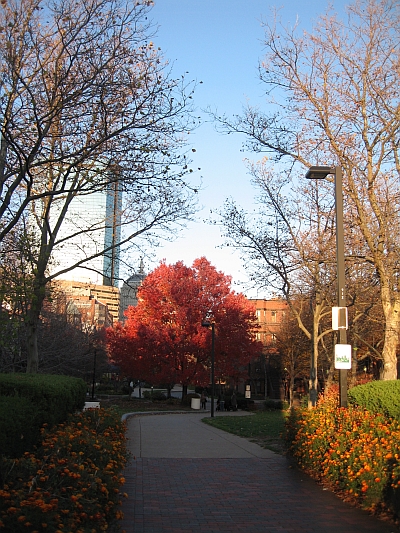
The first place we looked at was on Clarendon, right across the street from his office, in the heart of the South End. A brick wall in the kitchen lent it a cozy feel, as did a lone bouquet of dried flowers hanging on the wall. How long had it hung there, fading as the sun moved over its brittle leaves?
It was a small place, but on that brilliant Fall day the sun lit up the expanse, a moment of October clarity in between gray showers. The key to a successful real estate agent is seduction – and our agent was quite adept at that. (Yes, I had a small, okay, big, crush on him. But that’s another story for another time.)
The second place was the largest of the lot – a labyrinth of rooms really, right near Washington Park – and while spacious, it was almost too much – so easy would it be to get lost in these rooms. And though it’s prime space now, at the time it seemed a bit of a trek to the nearest T stop, plus there hadn’t been the businesses and restaurants that currently inhabit the area. Still, there’s a big appeal for that kind of space in a city – and I did contemplate whether a long walk might be worth an extra room or two. But the three things you’re supposed to look for in a place kept ringing in my ear: location, location, location.
The very last stop was on Braddock Park, looking out onto the Southwest Corridor, and we saw it after dusk had fallen. The lights of Copley glowed in the distance, the spires of the Hancock Building and the Marriott reaching into the night firmament. Seeing a place for the first time at night is often deceptive. The building adjacent had a pad lock and chain on its front door, and looked slightly dilapidated, but the bones looked strong. A first impression after sundown also doesn’t give a good indication of light, even with the promise of a floor-through with double bay windows.
We walked up one flight of stairs to the second floor and went into the condo. The ceilings soared, and the floor was a warm shade of amber. The hardwood, just the slightest worse for wear, could easily be redone. A marble fireplace commanded the central focal point, while a pitiful gray leather sofa from Miami circa 1988 sagged to its right. In the front of the room was the first bay window, and a kitchen. A small counter separated the space. A wooden wet bar lined the wall leading into the bedroom, the original gaslight fixtures still in place. It certainly had a bit of Boston charm. The bedroom was in the back of the layout, and had its own bay window. It was next to the bathroom, which had an accent wall of clay-colored brick and a dark-tiled floor.
While I liked what I saw that night, it had to be seen during the day, and my parents had to see it as well. After walking down the steps of the building to the street, I took leave of the real estate agent and made my way through the Southwest Corridor Park and into Copley Square. It was a short walk, and if location was our prime consideration, there was no contest. A new home was in the making…
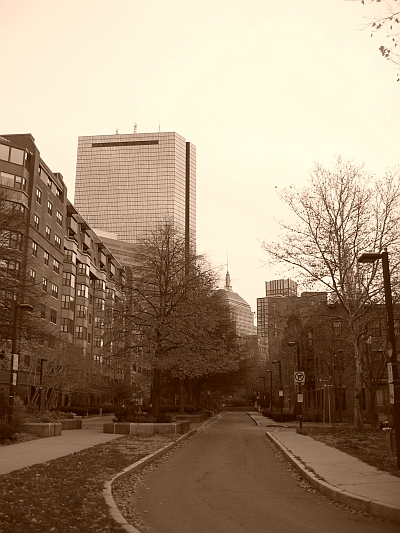
A month later we closed on the Braddock Park condo. I had finished my finals at Brandeis and there were just a few days of work before I went home for winter break. I stayed at the condo during that time – alone in Boston at last, and thrilled at every turn. Winter had almost arrived, but the new place was warm, if empty and unfurnished. A small table lamp set on the floor, and a thin, limp cot from home (without even a box spring) constituted the bedroom, and my sleeping arrangements.
The only bit of technological entertainment was a clock radio that I didn’t even bother to turn on. That quiet and stillness was what I needed, and I would look back on those first few days with wonder at all the material luxuries I didn’t have, and the peace that I did. It was the most uncluttered time of my life, literally and figuratively.
In the morning I awoke to sunlight streaming into the kitchen and front room. There were no chairs to sit on, but I didn’t mind standing at the counter as I ate my breakfast. Bagels and orange juice were the only two edible items in the kitchen. I didn’t even have butter or cream cheese. Instead, I’d tear off chunks of spongy goodness from Finagle-a-Bagel and take swigs of orange juice straight from the carton. A dozen bagels would see me through those first few days, with supplemental meals out. The city was on my doorstep if I needed anything else.
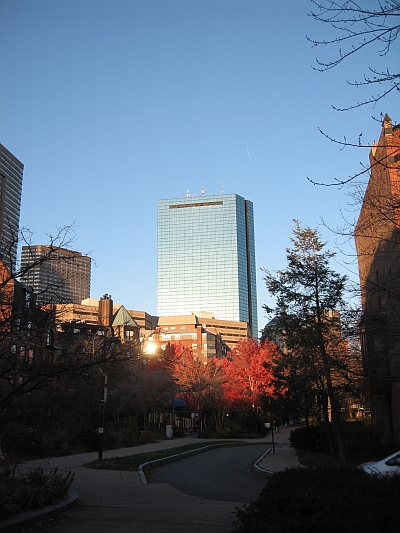
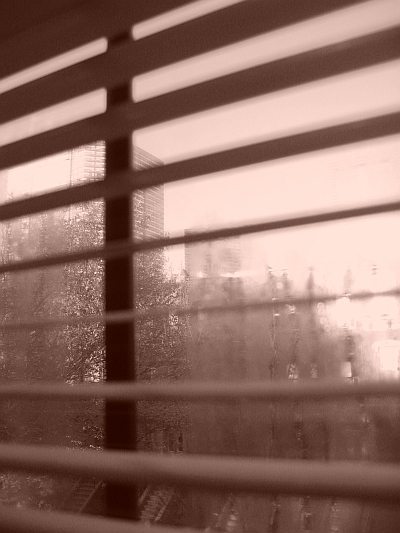
That pocket of time, in which a world of possibility unfurled unfettered before me, had more of an impact than any number of seemingly-grander events. I learned that, if need be, I could exist quietly and contentedly on very little. Granted, coming after a few years of the less-than-desirable lodgings at Brandeis this wasn’t saying much, but it was more of an emotional state of well-being, and the actual maturation of a young man just beginning to make his way in the world.
Even without a television or a computer or a cel phone, I was not bored for a moment. It was exciting enough just walking around my new neighborhood, planning and envisioning where some furniture might go, or reading by the lone light on the bedroom floor. A few items of clothing hung in the closet (I did have to go to work after all) but even my wardrobe was almost non-existent and I didn’t mind. The in-between time that now gets filled with FaceBook or gas-station stops was then spent in silence and solitude – and, in its own way, meditation. In that quiet, empty space with white walls and wooden floors, and a couple of bay windows, it was enough to stop and think.
Sometimes it still is, and when I find myself troubled or discontent or simply yearning for something more, I return to Boston, most often alone, and find that peace again. The furnishings are a little better, the parking is a little worse, but the memory of those first few days there lingers, along with that wondrous world of possibility, still out there, still waiting to be explored.

